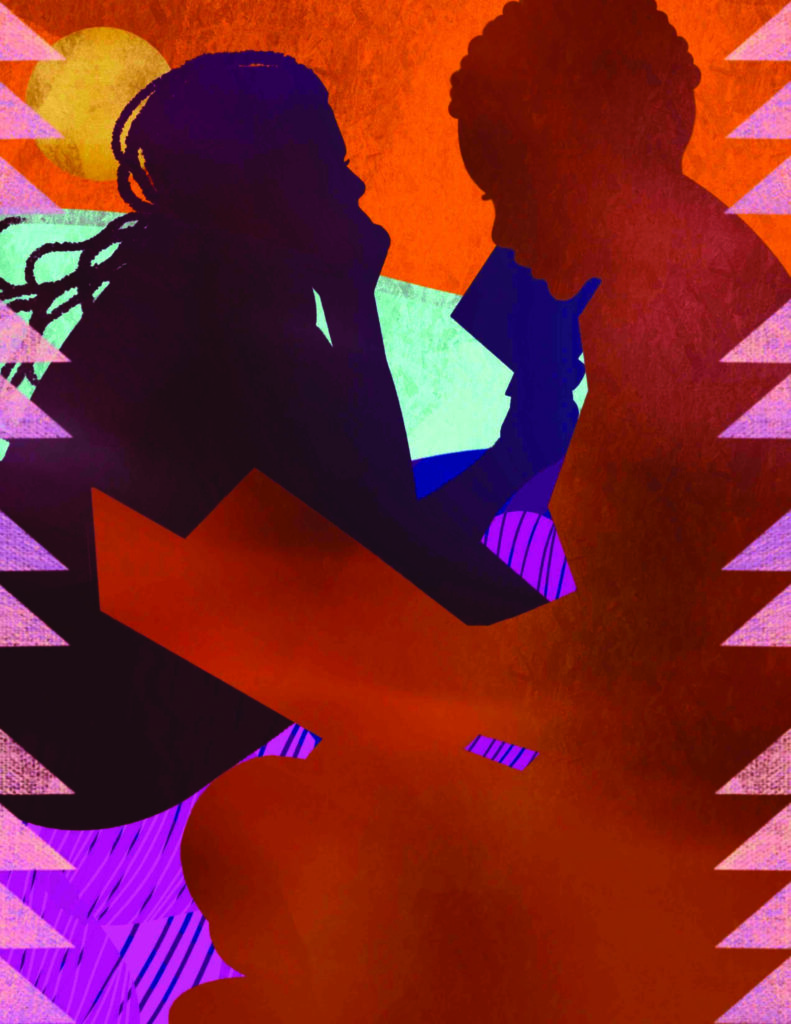This Black History Month and always, we honor the Black radical tradition that disrupts oppression and organizes for justice. We teach for joy and freedom. We teach the truth about Black history and center Black humanity. We dream of and mobilize for liberatory futures. Here are some resources to teach Black history and celebrate the rich legacy of Black resistance, creativity, and culture.
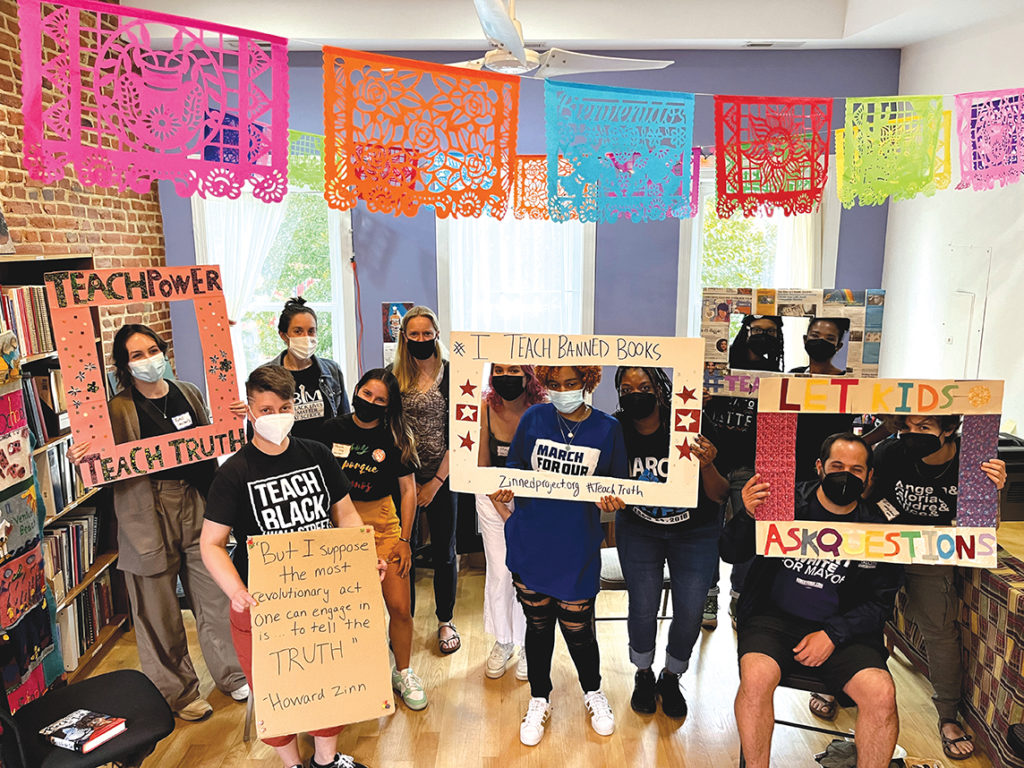
Taking Multicultural, Anti-Racist Education Seriously
By Enid Lee, Interviewed by Barbara Miner
One of the most-read articles Rethinking Schools has published, Miner’s 1991 interview of Enid Lee resonates today.
By Kara Hinderlie Stroman
A kindergarten teacher uses images, literature, poetry, and collages — as well as her own history — to challenge students’ implicit bias and preconceived notions surrounding the color black and to teach the lesson that Black is beautiful.
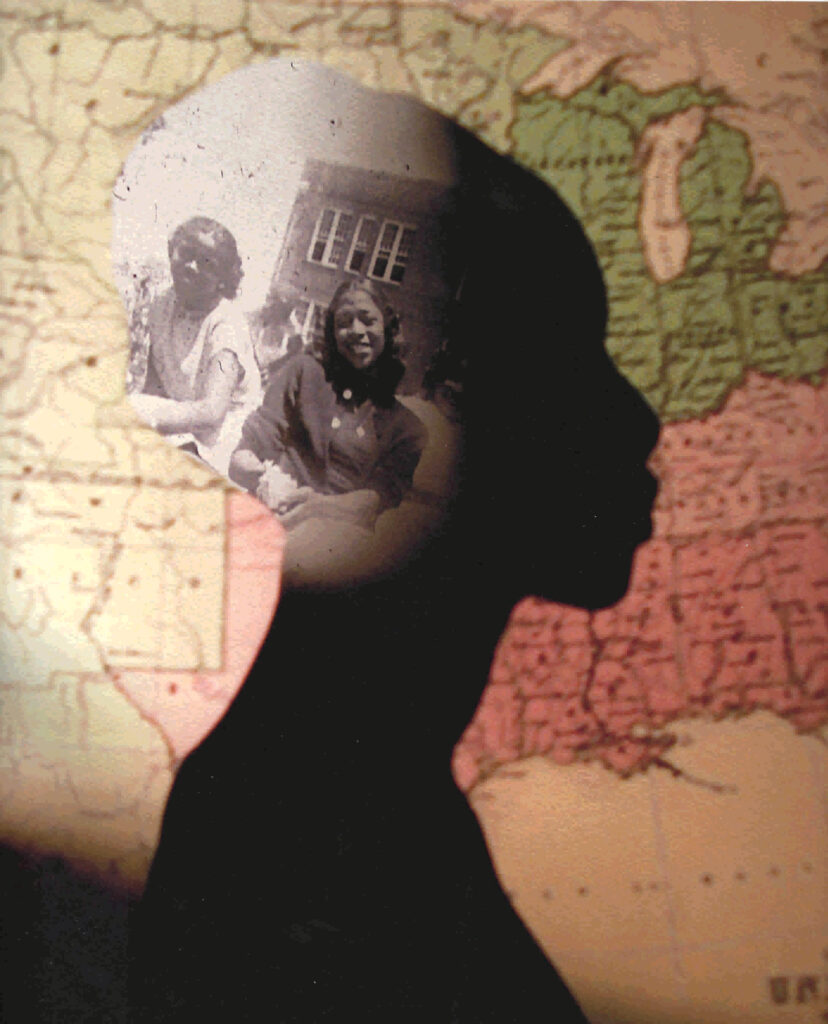
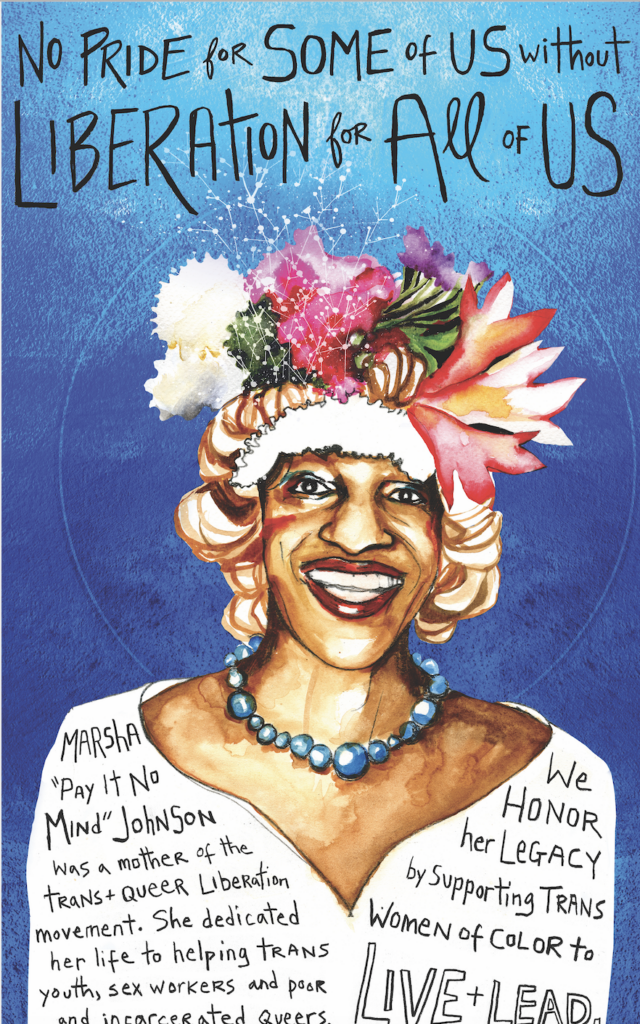
Queering Black History and Getting Free
By Dominique Hazzard
A Black freedom organizer demands that teachers and activists radically change their frameworks around Black history by lifting up the stories of Black LGBTQ people like Marsha P. Johnson.
Five Ways Textbooks Lie About Reconstruction
By Mimi Eisen
The Zinn Education Project’s Mimi Eisen critiques commonly used U.S. history textbooks’ coverage of Reconstruction.
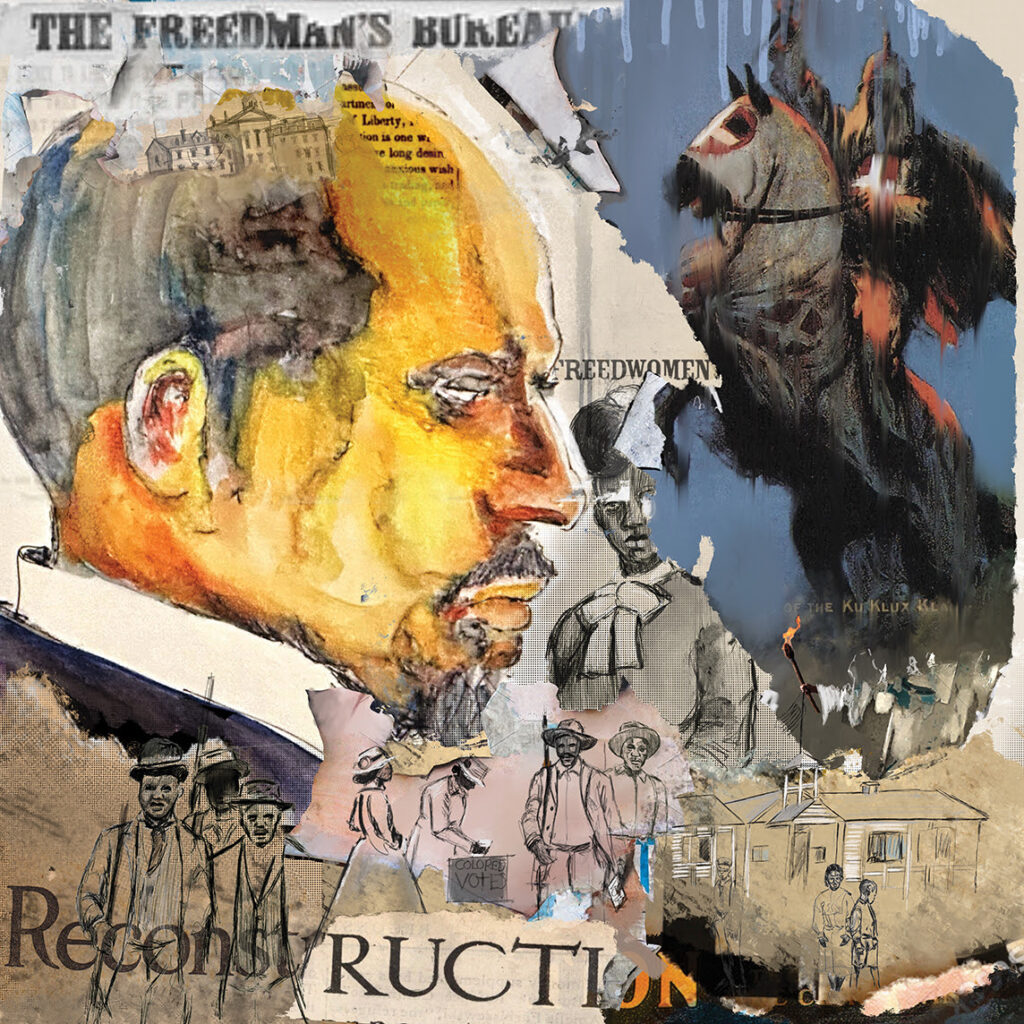
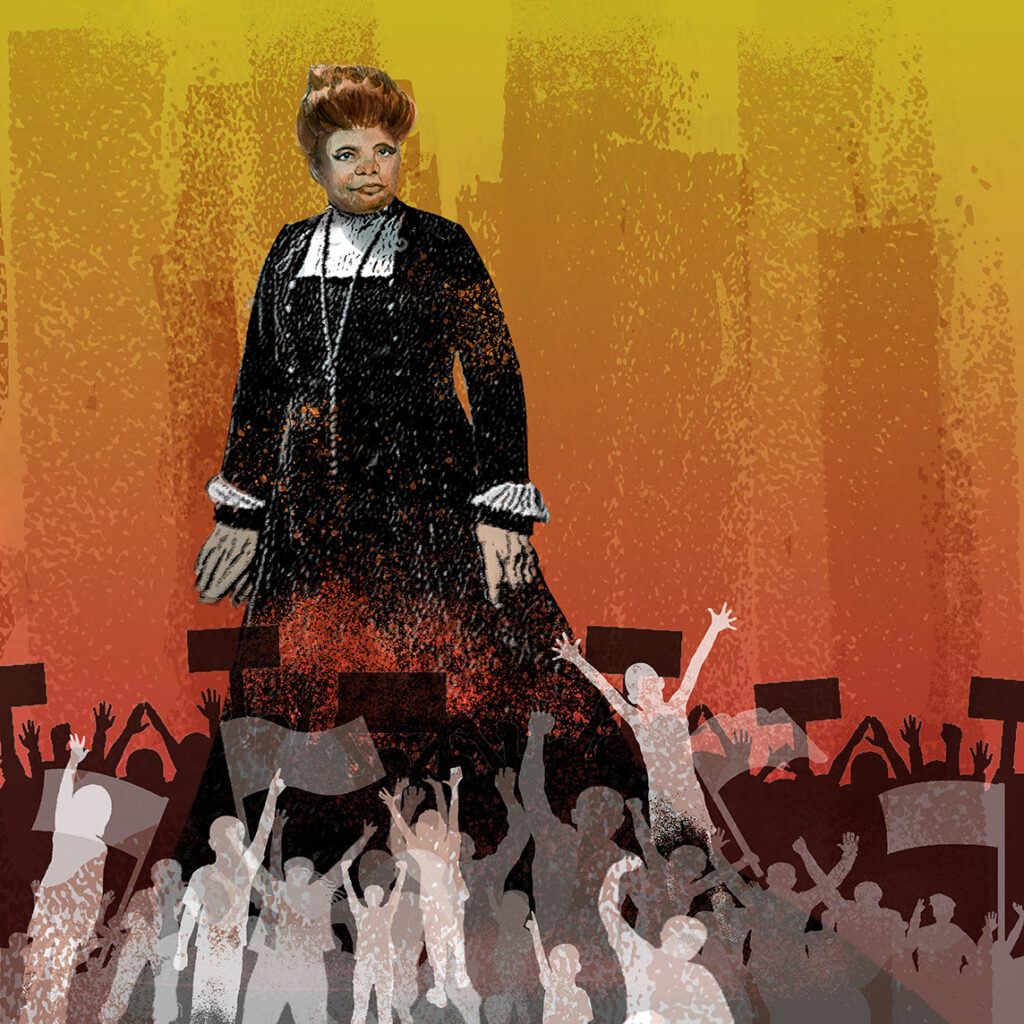
The Heroes We Need Today: Teaching About the Radical Ida B. Wells
By Matt Reed
A high school social studies teacher describes his mixer lesson in which students learn about the radical Ida B. Wells by taking on roles from various times in her life.
Designing for Justice In and Beyond the STEM Classroom
By Ayva Thomas
Emdin discusses teaching that values who students are, learning environments, and math and science as tools for justice.
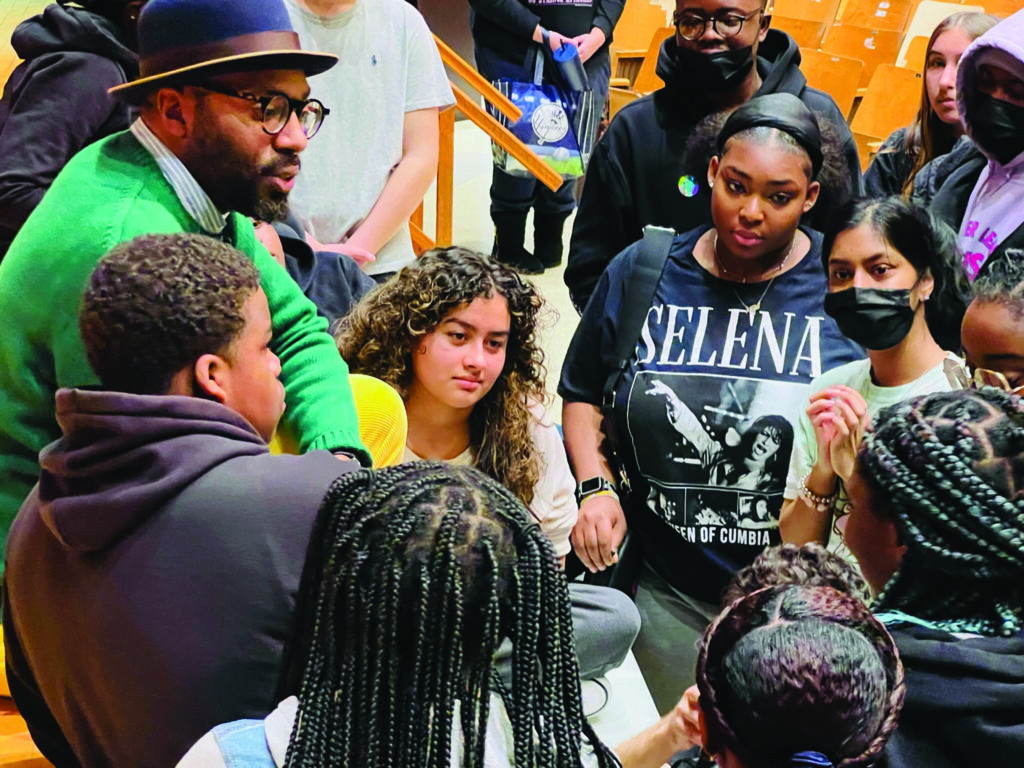

Teaching Historic and Contemporary Racism in Elementary Classrooms
By Erin Green
A teacher educator uses the excellent picture book That Flag to explore ways to address race and racism in the classroom.
By Cierra Kaler-Jones
In her book, The Spirit of Our Work: Black Women Teachers (Re)member, Cynthia Dillard (now dean of the College of Education at Seattle University) provides language for what occurs when Black women teachers discover their spiritual wisdom and identities that are part of a long historical continuum of Black women’s resistance, creativity, and ultimately, their healing.
